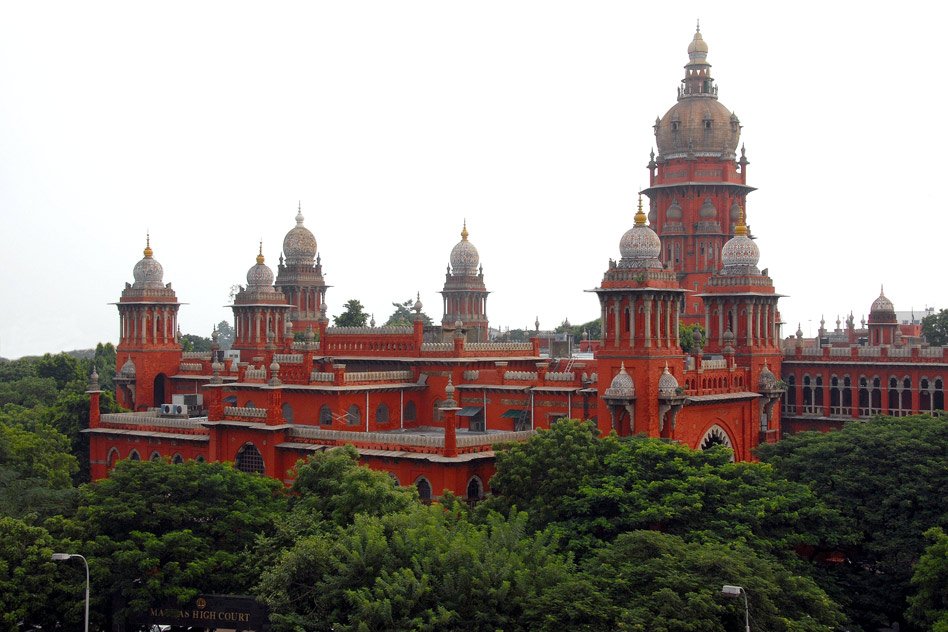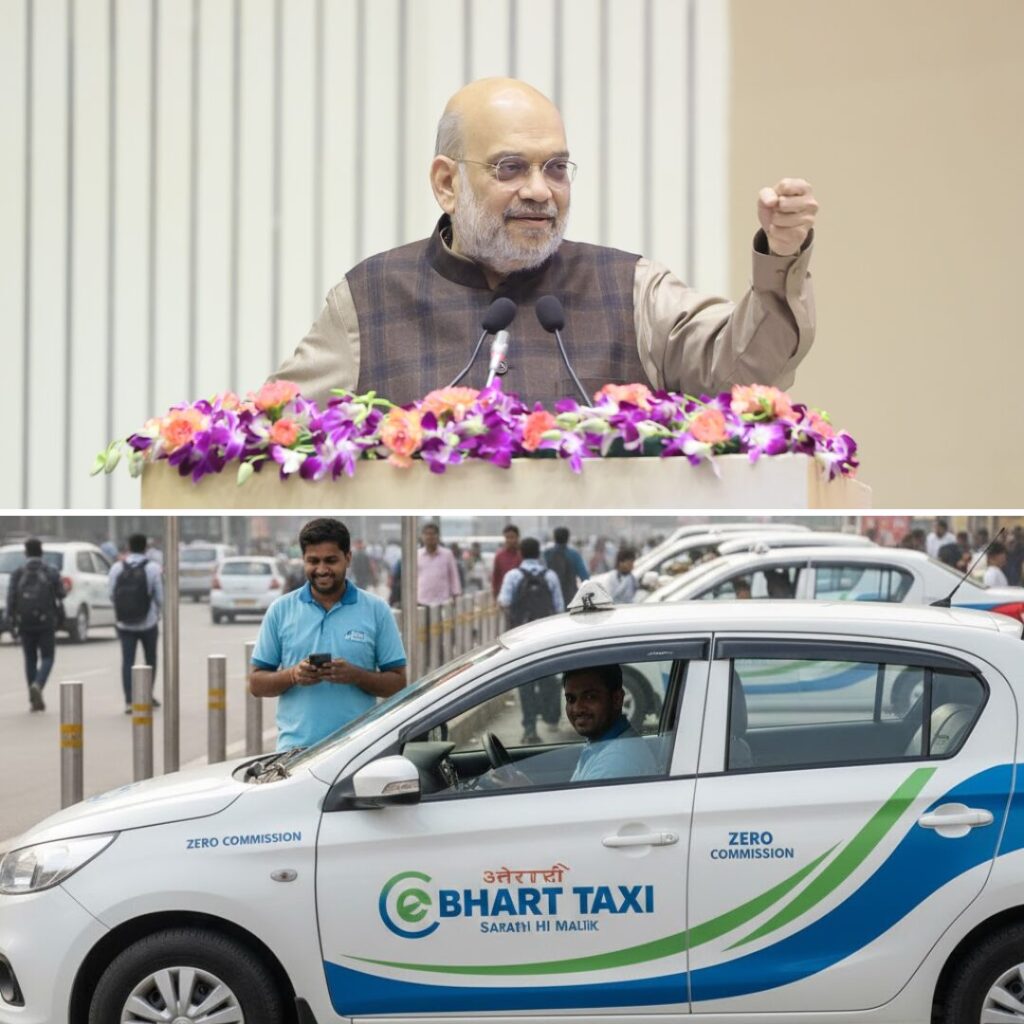News Source: Livelaw
In a writ petition arisen out of the admission process to the MBBS course in the Tripura Medical College and Dr. B.R. Ambedkar Memorial Teaching Hospital, the Tripura High Court has held that if the seats for any particular reserved category are not filled up due to non-availability of sufficient number of eligible candidates in that particular category, it should not be filled up by applying the exchange method and offering those seats to the other reserved category. On the contrary, the seats should be treated unreserved, and then the seats should be filled up on the basis of merit.
What The Petition Was About?
Out of 25 seats reserved for ST candidates, only 13 could be filled up, while the remaining 12 were left vacant. The issue was whether these 12 seats should be filled up by exchange method from amongst the eligible SC candidates or should they be filled up on the basis of merit.
The petitioners had relied upon Section 5 and sub-rule (8)(a) of Rule 8 Tripura Scheduled castes and Scheduled Tribes Reservation Rules, 1992, to contend that “exchange method” can be applied to educational institutions as well.
But the court found that the words “selecting authority” or “educational institutions” have not been used in the said rule and hence the rule can be read only in context of filling up vacant posts in government service.
“We cannot insert the words “vacant seats in educational institutions” in sub-rule (8) (a), the court said.
As reported in Live Law, it was asserted that Section 5 Tripura Scheduled Castes and Scheduled Tribes Reservation Act, 1991, was brought in the year 2005 whereas sub-rule (8)(a) of Rule 8 was existing prior to that and, therefore, sub-rule (8)(a) of Rule 8 should be read in such a manner that it is consistent with Section 5.
The court held “when the legislature introduced Section 5 and amended the Tripura Scheduled Castes and Scheduled Tribes Reservation Act, 1991 and brought in the concept of reservation for SC and ST in educational institutions, the legislature must have been aware what are the rules and accordingly some rules were amended. The court also found out the substantive amendments made to the rule in the year 2007. Even Rule 8 was the subject matter of amendment and even after amendment in the year 2007, no mention of seats in educational institutions is there in sub-rule (8)(a) of Rule 8. “











